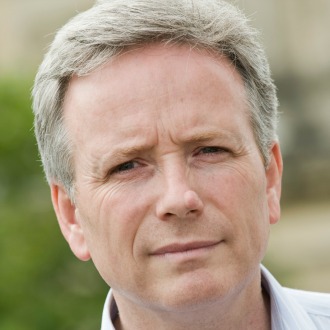GP practices in Northern Ireland are set to benefit from a £15m investment, including £10m in loans for practice premises upgrades and expansion.
A further £350,000 is to be invested directly in the ongoing costs of new premises, the Northern Irish Government has announced.
Other areas to benefit from investment include out-of-hours services, which will see a £3.1m investment. This comes as the NI GPC warned last month were ‘rapidly reaching breaking point’, with more than half of shifts understaffed in parts of the country.
The Government is also spending £1.2m on community diagnostics, giving tools to Northern Ireland’s new GP federations to carry out things like blood testing, while £300,000 is to be spent on a GP recruitment and retention programme.
On recruitment, the NI GPC has highlighted a dire situation that saw only 33 trainees completing their training in 2014, out of 65 who were due to do so.
The NI GPC welcomed the announcement but reiterated calls made earlier in the year for proper and recurrent funding of general practice. In February, a BMA report concluded that NI GP services needed a £33m investment just to bring its funding in line with the UK average,
The estimated total number of consultations in Northern Ireland to rise by 76% in a decade to 2013/14 while out-of-hours demand increased by 18% in the last five years, the Government said, with the GPC having pointed to factors including funding not keeping up with the growth in population.
Announcing the investment, Northern Irish health minister Jim Wells said he ‘fully recognises’ the challenges faced by general practice.
He added: ‘This package of investment will help to address some of the current difficulties and plan for future challenges in general practice.’
NI GPC chair Dr Tom Black said it would not be enough to stop NI ‘lagging behind’ the rest of the UK.
He said: ‘The shift of work out of hospitals into primary care needs to be planned, agreed and properly resourced. It is only through proper and recurrent funding of general practice services and innovative new models of care such as GP federations that we will begin to see an improvement in the issues GPs face on a daily basis.’
Pulse October survey
Take our July 2025 survey to potentially win £1.000 worth of tokens














